China ‘monitoring US legislation on inbound investments’
China’s Commerce Ministry says it is carefully monitoring new US legislation that would restrict Chinese investment in America but that is meant to do so through a less confrontational attitude.
“China will closely monitor the legislation process and evaluate its potential impact on Chinese companies,” Chinese Commerce Ministry spokesman Gao Feng said at a regular press conference in the capital, Beijing, on Thursday.
He added that his country did not agree with Washington’s move in “tightening foreign investment conditions using national security as reasons.”
The ministry’s comments came just a day after US President Donald Trump said in a statement that he would initiate a strengthened national security review process to foil China’s alleged attempts to acquire sensitive American technologies, which is considered to be a softer approach than introducing China-specific investment restrictions.
The US Treasury Department has already recommended that the American president use the Committee on Foreign Investment in the United States (CFIUS) — whose authority would be strengthened by the new legislation in Congress — to control investment transactions.
Trump further said on Wednesday that the legislation would expand the scope of deals reviewed by the CFIUS to tackle security concerns.
The proposed investment restrictions are part of the Trump administration’s attempts to exert pressure on China to force it into making significant changes to its trade, technology transfer, and industrial subsidy policies. The Trump White House has complained that Beijing has unfairly obtained American intellectual property allegedly through joint venture requirements, unfair licensing, and strategic acquisitions of American tech companies.
Elsewhere in his remarks, Gao said that cooperation between China and the European Union (EU) would bring a “warm current” to the global economic atmosphere as both sides vehemently oppose unilateralism and protectionism, a clear reference to the policies of Washington.
On Monday, China and the EU vowed to coordinate their efforts to oppose protectionism in trade by strengthening the World Trade Organization (WTO), saying their economies were in need of efforts to reinforce a rules-based international trading system amid US unilateralism.
Washington and Beijing are effectively engaged in a trade war, ignited by Trump, who earlier this month announced 25-percent tariffs on $50 billion of Chinese imports, prompting Beijing to retaliate with matching duties on American products. Back then, Trump warned of “additional tariffs” should Beijing hit back with retaliatory measures.
He already had imposed tariffs on imports from China and was introducing the $50 billion in tariffs in addition to those earlier duties.
Trump has repeatedly blamed what he calls unfair trade deals and abusive practices by low-wage countries like China and Mexico for the massive US trade deficit and the loss of high-paying American factory jobs.
The US has also been involved in a trade war with its European allies as well as Japan and Canada.
Gaza faces imminent famine as people starving to death: UN warns
North Korea to stand up to sanctions, bolster military power: Official
Hezbollah says 2,000 Israeli forces killed, injured in operations since Gaza war began
War of wills: Iran army chief vows crushing response to any aggression
April 24: ‘Axis of Resistance’ operations against Israeli occupation
Tabas sand defeats US military
'US secretly sent long-range ATACMS missiles to Ukraine in recent weeks'
Iran: Awakened world public opinion determined to stop Israel war crimes


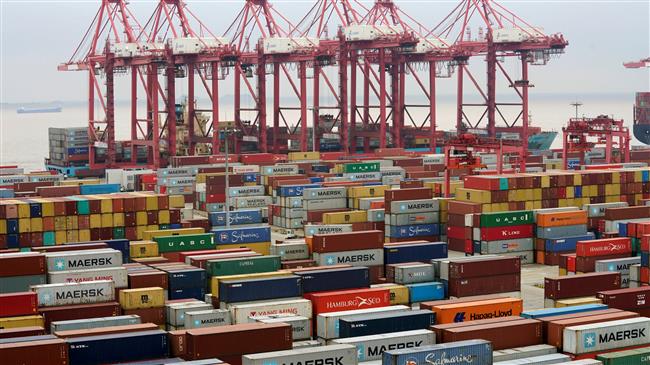


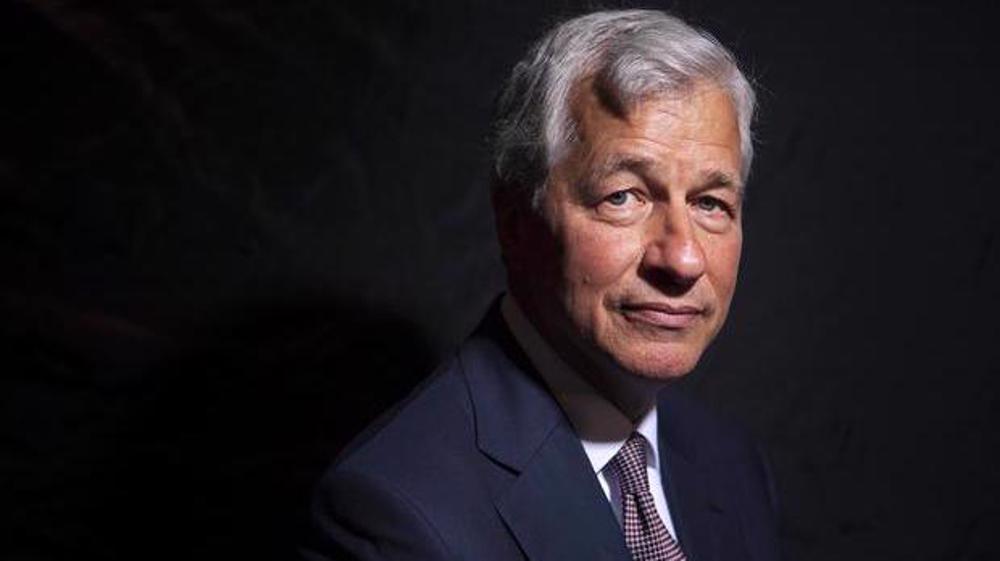
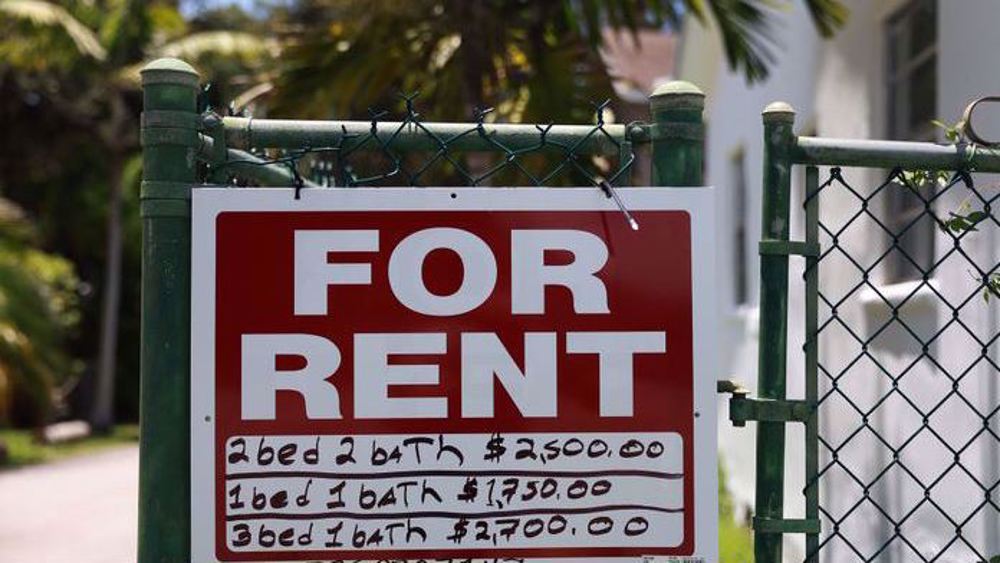




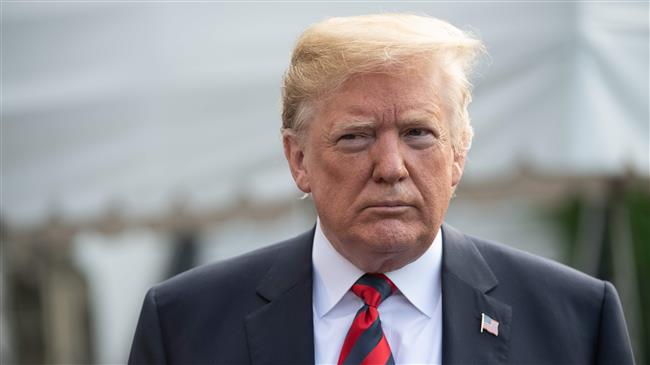
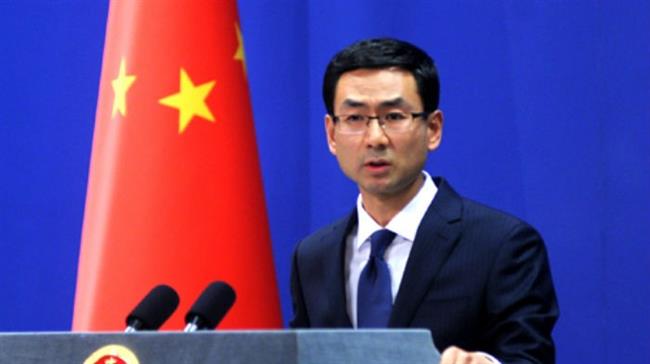
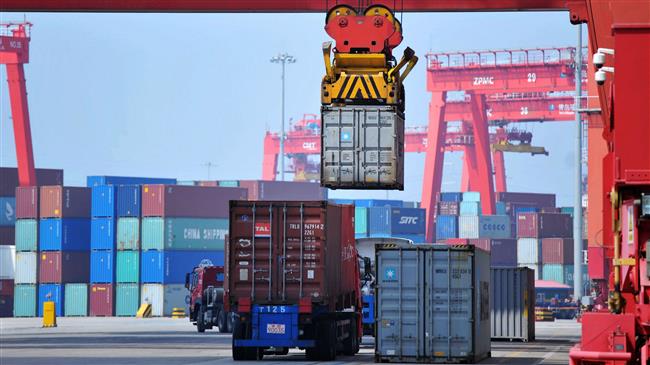

 This makes it easy to access the Press TV website
This makes it easy to access the Press TV website